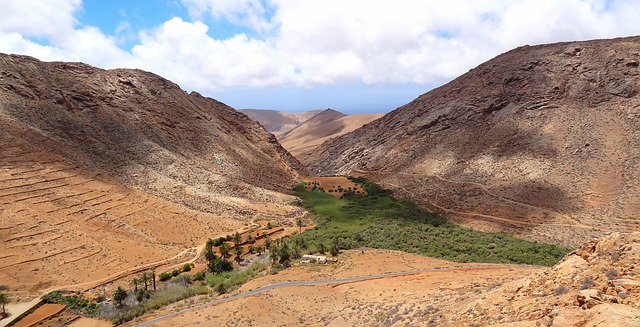Tell the story of the mountain you climbed. Your words could become a page in someone else’s survival guide. Morgan Harper Nichols
So, if you’re reading Genesis, do these questions ever cross your mind?
- Where was Moses when he wrote it all down?
- And where in the world did he get the material?
Men were certainly “moved on by the Holy Spirit” in setting down Scripture. There was, of course, direct Divine revelation—God dictated, Moses transcribed. The excruciating details of the Law are a good example of this. (Yes, they were seriously excruciating.) However, sometimes the writers were Divinely directed while working from materials handed down through the generations.
Moses, for instance, had contact with his family during his years in Pharaoh’s household. He would certainly have been instructed by his mother in the history of both his family and the Israelite people. One thing is for sure: he received a robust quantity material at some point.
Because God was protecting and directing not just His people, but the historical record of His people.
Remember, Moses spent forty years in the wilderness of Midian as a shepherd before that astonishing encounter at the burning bush. There would have been plenty of time to organize and begin writing down the Genesis record as his flocks grazed in that wild country near the Red Sea.
Then there is Kadesh Barnea. The original group of twelve spies were sent out from this spring-fed oasis. For much of the 38 years following that Horribly Unfortunate Decision of the people not to enter the Promised Land, many of the Israelites remained near this area where there was pasture for flocks and herds.
And this is the scene that comes so often to my mind while reading through Genesis and beyond: this remarkable man, already up in years, sitting at a table in his large, comfortable tent in Kadesh, rolls of ancient records stacked nearby, quills, ink, and a fresh stack of new parchment at hand.
Add to this the Divine hand upon Moses, described by 19th c. Scottish minister, Thomas Whitelaw, as “one of the most marvelous minds of original power” writing with “impassioned eloquence.” Indeed.
Imagine those first words: In the beginning, that launch him—and us—into the stars. God fills his consciousness with scenes almost beyond human apprehension. The earth, the Fall, the Flood. Finally, Abram and the slow, sure revelation of God’s plan for a people of His own.
Now, as January winds down, the saga of the patriarchs. The scenes are vivid, the dialogue fascinating, the hand of God evident on every page. I suspect everyone of us could say something similar about our own lives. (Okay, so we might want to edit a fair amount of the dialogue.) But our stories of redemption and forgiveness and healing and reconciliation and answered prayer are powerful. My father, a pastor for many years, would often quote English evangelist and author, Leonard Ravenhill:
A man with an experience is never at the mercy of a man with an argument.
It’s true. “Let me tell you what God has done for me” can have an irresistibly compelling quality. They may be just the oasis someone needs in their wilderness.
Image JuSa2000/Pixabay

